
Brand New LGBTQIA+ Legal Service Justice Q Launches In Melbourne

A new legal service run for and by LGBTQIA+ people, Justice Q, has opened its doors in south-east Melbourne.
Justice Q is an initiative of the South-East Monash Legal Service, one of Australia’s oldest community legal services. Since the 70s, it has offered free legal help to low income people in the City of Dandenong, City of Casey and Cardinia Shire, with offices in Springvale and Narre Warren.
“We’re specifically offering this service in the south-east, because so often people who have a legal issue find that they have to go all the way to St Kilda, the city, or the north to get the legal help they need. And so we wanted to offer a specialised, affirming, and inclusive program for legal help within our region,” says Communications Specialist Emma Hardy.
Aiming to make legal advice for LGBTQIA+ people accessible
Justice Q aims to make legal advice more accessible to a community that continues to face discrimination and ongoing challenges to their rights.
“Often the people who need the most help aren’t the ones who have the network in place to a) identify that this is a legal issue or has a legal solution, or b) know how to reach out and find legal help,” says Emma.
The South-East Monash Legal Service has previously advocated for sex workers’ workplace rights and developed a service for migrant women on temporary visas facing family violence.
“I think there’s a big barrier to access,” Emma explains. “We’re breaking down that hurdle when it comes to people accessing legal help, and trying to make it less intimidating and less “big corporate scary” – to get people the help that they need in a way that’s reassuring and inclusive.”
Kavitha Sivasamy, a founding lawyer of Justice Q, was motivated to build the service from her own experience seeking legal help.
“We’ve long recognised the need for legal services that truly understand and respect our community. As a proud transgender woman of colour, I feel so passionate about Justice Q because I have felt incredibly safe, understood and empowered when being helped by people who share my lived experience,” said Sivasamy.
“I am excited to use the knowledge, skills, expertise and privileges I have, to help others feel seen, heard and valued in the legal system.”
Focusing on shared lived experience, not financial gain
At the launch of Justice Q, key note speaker Sasja Sÿdek recounted her own experience seeking legal help.
“A trans woman of colour seeking legal assistance for a discrimination and exploitation case at her workplace may encounter multiple hurdles. She might face difficulty finding a lawyer who understands or respects her identity, as many legal services lack training in LGBTQ+ issues and cultural competency. Her socioeconomic status could limit her ability to afford private legal counsel or access specialised resources.
“Experiencing potential bias, she may also worry about being misgendered or dismissed during legal proceedings, which can further deter her from pursuing justice. This confluence of barriers can leave her feeling isolated and disempowered in her fight for equality and recognition.
“That trans woman of colour was me! I experienced all those things I just mentioned.” she shared.
“I was misgendered, overlooked, and even questioned about my sexuality, which is irrelevant to my case. He was an elder white cis straight man and a drunk lawyer, even offered me to have a drink with him, making it incredibly hard for me to trust legal services after that experience.”
“Most of the lawyers who represented me seemed more focused on money – I paid them money that I couldn’t even afford – rather than genuinely advocating for my interests.”
While the specialist service has expertise in legal issues unique to the community, they welcome any LGBTQIA+ person seeking a lawyer who understands their challenges firsthand.
“We don’t want to have a blanket rule like ‘we’re only helping with these legal issues’ because often that’s exclusionary to what the community might need’,” Emma clarifies.
“There are obvious areas that we’ve identified, such as gender affirmation, access to healthcare, parental rights, access to maternity, paternity or parental leave, and getting affirmation on identity documents – especially if someone’s moved overseas or interstate.”
“[However] it’s not just about issues that affect the queer community, it’s about helping that community with issues they experience.”
Justice Q is taking the law into their own hands
Justice Q not only offers advice to individuals but also performs its own outreach work to underserved communities. Its community development program aims to demystify the law and educate communities about the types of assistance a legal service can provide, visting places such as schools, interfaith networks, and aged care facilities.
Additionally, the service plans to build a suite of case studies and conduct research in order to advocate for legal reform relating to the LGBTQIA+ community.
“Launching this program is one of the proudest moments in my career,” states Kristen Wallwork, CEO of the South-East Monash Legal Service.
“We are responding to the people around us and providing a service for our whole community. The right legal help can have a hugely positive impact on people’s lives. Legal problems are incredibly stressful, and we need responses that are safe, affirming and above all kind.”
How to get legal help from Justice Q
If you have an issue you’d like to discuss confidentially with a lawyer, visit Justice Q at smls.com.au/justice-q/, or you can call them on 9545 7400 or email [email protected].
Imagery: Tariq Khan via Justice Q.
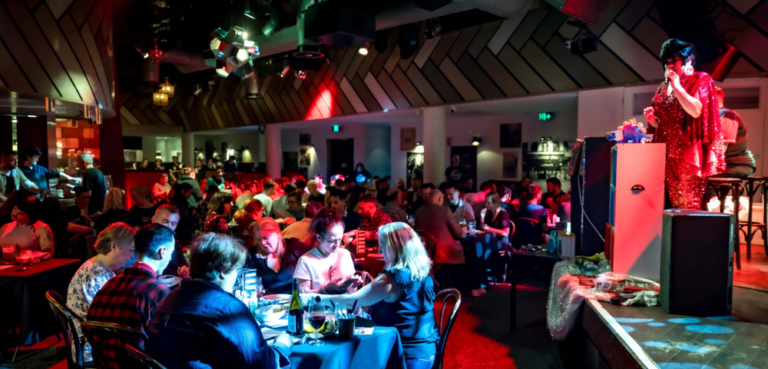
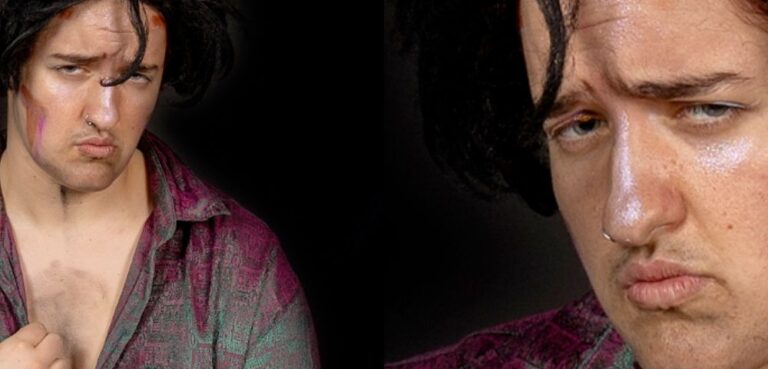
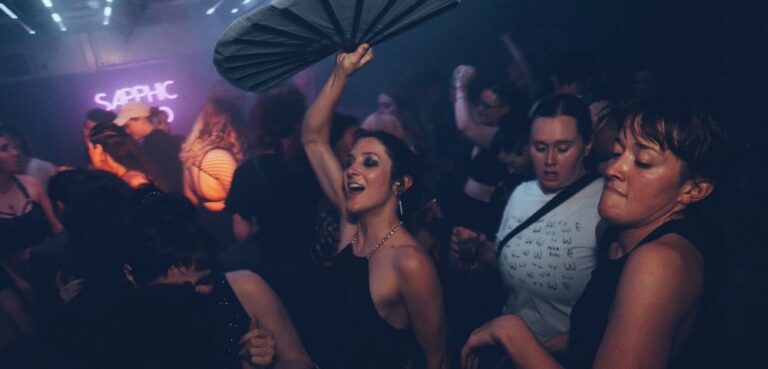
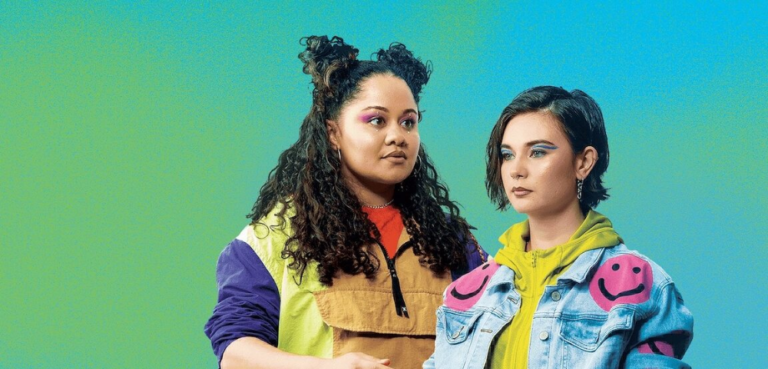



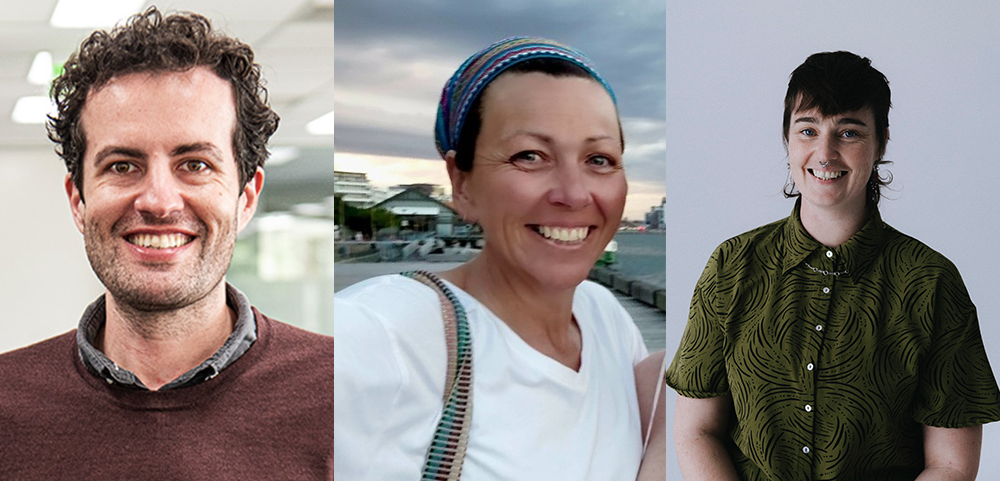

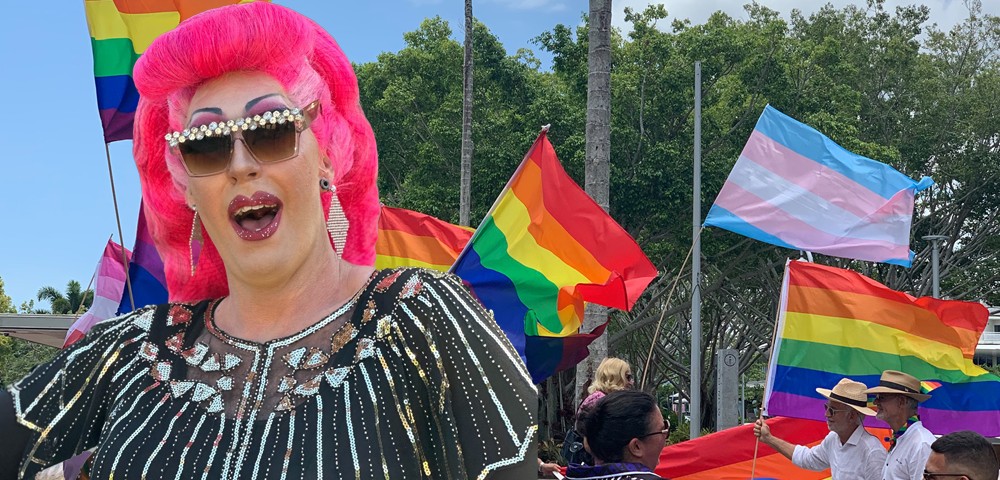
Leave a Reply